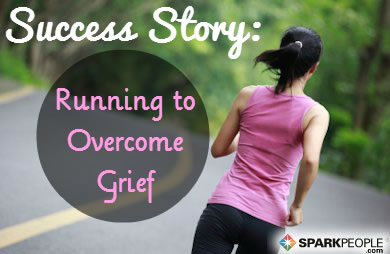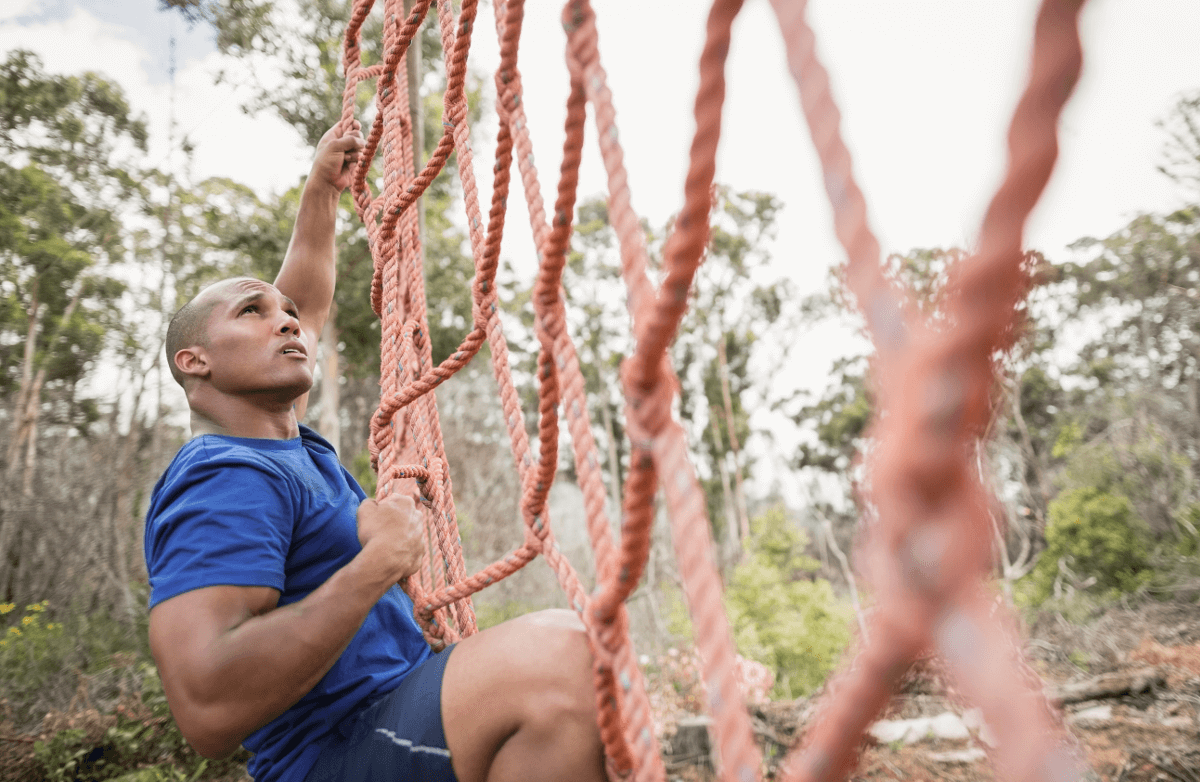Editor's Note: We're honored to welcome developmental psychology expert and mom Michelle Stroffolino Schmidt, Ph.D., to the dailySpark. She will be writing regularly about parenting, friendship, and relationships.
I was waiting outside for the momentous occasion of my son's last day of school. Parents were bustling about, making plans to go out for "something special," discussing summer camps, and promising play dates soon. After bursting out of the school building, the kids were running around like kittens let out of their little cage, free to frolic and play—running up and down the hill, behind the building, and around the flag pole.
After about 20 minutes, we were off to our favorite ice cream shop (a bit of a fall off the wagon for me). As we walked, I asked my son, "How do you feel about the end of school and the beginning of summer?" He said, "Duh…awesome." After addressing the "duh" part of his answer, I asked what was awesome about it. He was clear: no more homework or teachers, and not having to get dressed in the morning for school. Over the following days, I polled other kids and parents whose paths we crossed. The large majority of kids were excited rather than upset or anxious. Parents, however, were anxious.
There may be some truth (and sense) in summer vacation creating more anxiety for parents than for children. My own anxiety (not limited to summer): "I'm bored." Summer brings with it an additional 7-8 hours of unsupervised time daily. There is no drop off and run to work, or drop off and run to do a list of other things. Instead, school time is replaced with another block of time during which children need to be somewhere, doing something.
How does a parent fill the summer hours? Martha Stewart's website has dozens of activities for kids. Disney's Family Fun site lists plenty of summer games, crafts, and trips. Activities and cooking are great for occupying parents and children, and I admire people who have the determination to make pretty cork stamps, but not every child or parent is patiently crafty (admittedly, neither my son nor I fit that bill). Aside from crafts, camps, or family vacations, what are some other healthy ideas for summer fun and survival?
- Create and connect! Longer-term summer projects that have multiple parts are great. Pick a country or a state or an animal or some other interesting topic and learn about it—draw it, write it, research it, print it, visit it. Themed projects are fun and rewarding and can go on for as long as your imaginations let them. My son and I started studying electricity when I began this blog, and so far he has researched the invention of electricity and created a snap circuit. We plan to go to a local science center, do more research, and compile a notebook of his writings and printouts. The long-term project is educational and fun and also creates an opportunity for quality parent-child time; you get to share interests, focus attention, exchange ideas, and provoke impromptu conversation. Additionally, it is well-researched that kids who communicate with parents early in life will continue to do so during the critical years!
- Kids, kids, and more kids! For kids who do worry about the summer months, one anxiety is that they will miss their friends. As they do during the school year, kids need opportunities for social and emotional engagement in the summer. Carve out certain days when your kids can play with other kids, whether they be school friends, sports friends, or your friends' kids. Kids need structure, and they do better with a predictable, consistent, and stable environment. Create a summer calendar, hang it in an obvious place, and declare "Fridays with Friends" or "Tuesdays Together." Ask your kids who they want to play with, and be instrumental in their building and maintaining strong friendships. Plan ahead and lay out a month that your child can see on the wall. Play dates can happen at home, a park, or the library. And don't be afraid to mix it up; kids enjoy time with agemates, but mixed-age play can also provide benefits. Patience, cooperation, and other social skills come from negotiating and playing with other kids of all ages and stages!
- Get wet! There is something magical about water. Bike rides, water balloon fights, and games involving hoses, sprinklers, puddles, and pools are all fun, kid-friendly activities. I recently found my inner child when my son and I were on a bike ride as dark clouds were closing in. We rode home in the rain and laughed the whole way. Before my epiphany two weeks ago, I was the mom who said, "Don't get wet" because I didn't want the dripping bodies traipsing through my house. The "new" me has learned that kids love to get wet, and water does actually dry. And don't forget that the great outdoors provides healthy doses of vitamin D that helps fight off disease (but be sure to slather on sunscreen if they're going to be out for longer than 30 minutes). So, grab some towels and let your kids (and you) be kids!
- Put the electronics away! Too often, we forget to teach (and model) that we can harmoniously live a life without technology (at least for a few hours at a time). In my house, we are trying to reduce time on our "i" devices. Kids and adolescents now spend approximately seven hours per day using some form of electronic media (compared with about 30 minutes of reading). Why not create a scavenger hunt in your neighborhood or house, encourage your kids to play and create independently (my son and his friend Annabelle love to create spy games) or read side by side with your child? My son and I planted tomatoes, and he now spends time every day watering everything in our back garden. Activities that avoid instant gratification and fast-paced action can encourage greater focus and attention. You might also help your child create a quiet space, like a comfy chair in their own corner of a room with a pile of library books that are new and exciting each week.
Summer is here. Embrace it. It is an opportunity for more family time, friend time, exploration time, quiet time, active time. It can be whatever you want it to be. Make it healthy and engaging, physically and mentally. For my son and me, we are preparing for Phase 2 of our electricity project; we just found a solar key chair that prompted a discussion of alternative sources of energy, and I may share the electric bill to teach him about the economics of electricity!
In between trips and activities and water and kids, don't forget to take some time for yourself. What effect does summer have on you and your family?

Michelle Stroffolino Schmidt is Chairperson of the Department of Psychology at Moravian College in Bethlehem, Pennsylvania. Her research focuses on social and emotional development in childhood and adolescence. She has published research on parent-child attachment, friendship, peer relations, bullying, and mentoring. She has also done consulting work with schools as part of their bullying prevention and intervention programs. Michelle recently published the book Friendships in Childhood and Adolescence (Guilford Press), which explores the significance of friendship from toddlerhood through adolescence. The book examines factors that contribute to positive friendships, how positive friendships influence children’s lives, and interventions for those who have friendship difficulties. Michelle is the mother of a 7-year-old son, William, and a 2-year-old bulldog named Eve. She enjoys yoga, kayaking, writing, and cooking.
|
|

.jpg)


.jpg)







.png)
.jpg)

